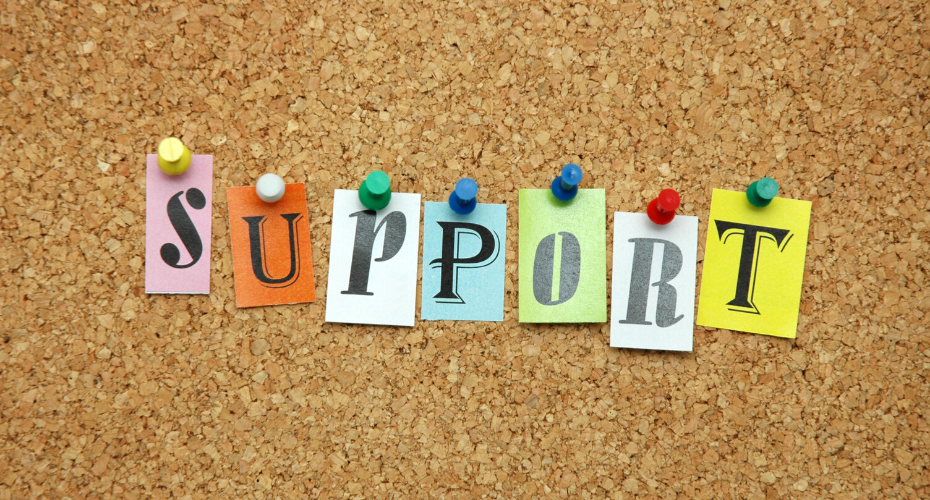Guidance for dealing with online abuse/harassment
Social media has changed the way students and universities communicate and interact. Its use creates new opportunities to engage with audiences who are interested in our wide range of academic, social, sporting and cultural activities. Social media can also be a challenging and distressing space to navigate and it’s important to stay safe online. If used inappropriately it can cause serious and lasting harm to peers and staff around you.
Anyone can be bullied or trolled on social media. It can be really hard to know what to do if it happens to you or someone you know. This page contains some advice on staying safe and responsible online and for how to cope and report inappropriate behavior if you experience it.
About online abuse

What is online abuse and harassment?
Online abuse and harassment is the use of technology and social networking sites to direct offensive, abusive, insulting or threatening words, emojis, or images at an individual and/or group, in ways that are likely to cause them harm or distress, intentionally or otherwise. Examples of irresponsible or abusive social media use can include:
- Making or sharing sexist, racist, homophobic, anti-Semitic, Islamophobic, transphobic or other inflammatory or derogatory comments or memes. This can also be considered a hate crime if used to incite violence.
- Deliberately provoking arguments or upsetting others by trolling them;
- Making derogatory comments, even when considered jokes or ‘banter’;
- Flaming others – Flaming is the act of posting or sending offensive messages on online discussion forums, or sent via e-mail or instant messaging programs in order to get a response.
- Making defamatory remarks about another person that causes serious harm to them;
- Sharing private information about someone which is sensitive or likely to embarrass them;
- Doxxing, to publish private or identifying information about someone typically with malicious intent for others to pile on and attack or abuse the individual
- Sharing sexually explicit material without consent;
- Harassing or stalking someone online;
- Using anonymous sites or profiles to engage in any of the behaviors above.
- posting videos or live streaming bullying
- sending abusive or threatening messages
- Making or circulating allegations, rumours, or gossip about other people;
Those affected by online harassment may experience a range of negative physical, psychological and emotional effects, which can include stress, anxiety and/or panic attacks and feeling that their physical safety is threatened. For you, this may pop up and impact future study, employment and progression opportunities.
Steps to take

What to do if you are experiencing online abuse or harassment
Most websites and apps have rules against bullying and harassment, and can help if it's happening to you or someone you know. If you've seen or experienced bullying on social media, it's important to:
- Report what's happened on the site or app: See the advice below for options on different platforms
- Block the people bullying you: It is natural to want to defend yourself but don’t feed the trolls. Sometimes refusing to respond will result in the sender losing interest and your wellbeing is more important than what anyone thinks of you
- Take screenshots of nasty messages: you don't have to read it, but you can use a folder of evidence to report the bullying behavior to a platform, the police and/or to the University. The evidence could be used by the police to trace the bully even if using fake information.
- Talk to someone you trust: like a good friend, family member, or support service
Advice for different platforms
Lots of apps and sites will set your profile to public automatically, which means that anyone can see what you've posted. Changing your privacy settings can help to keep you safe, here's how to edit your settings on:
Staying Safe Online
When you're online it's important to stay safe and make sure you don't share things that could put you in danger. This advice will help you stay safe online.